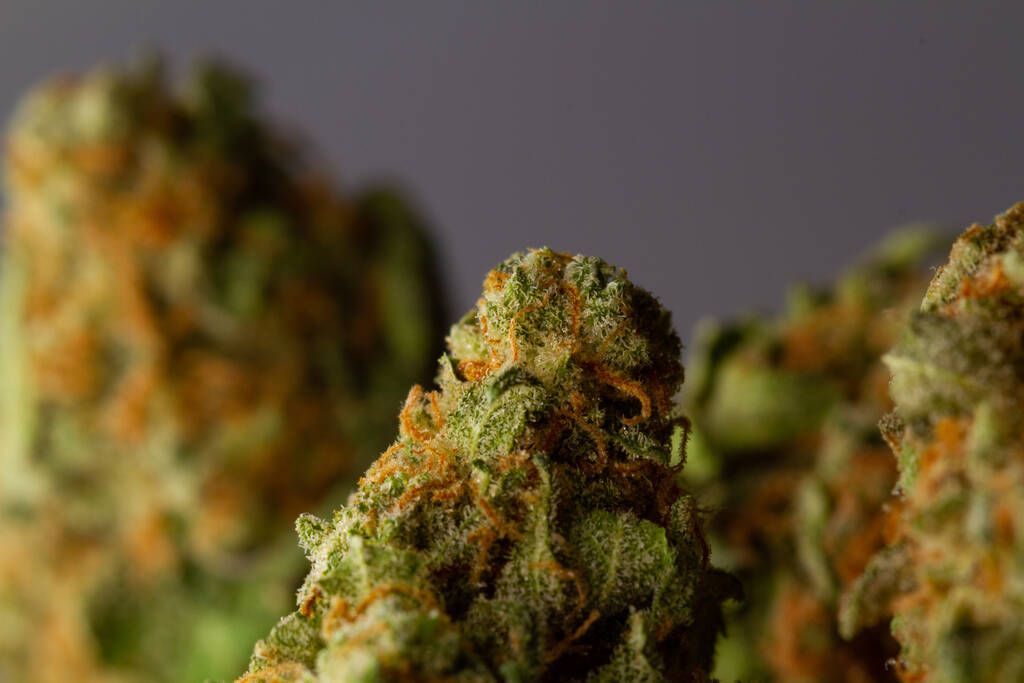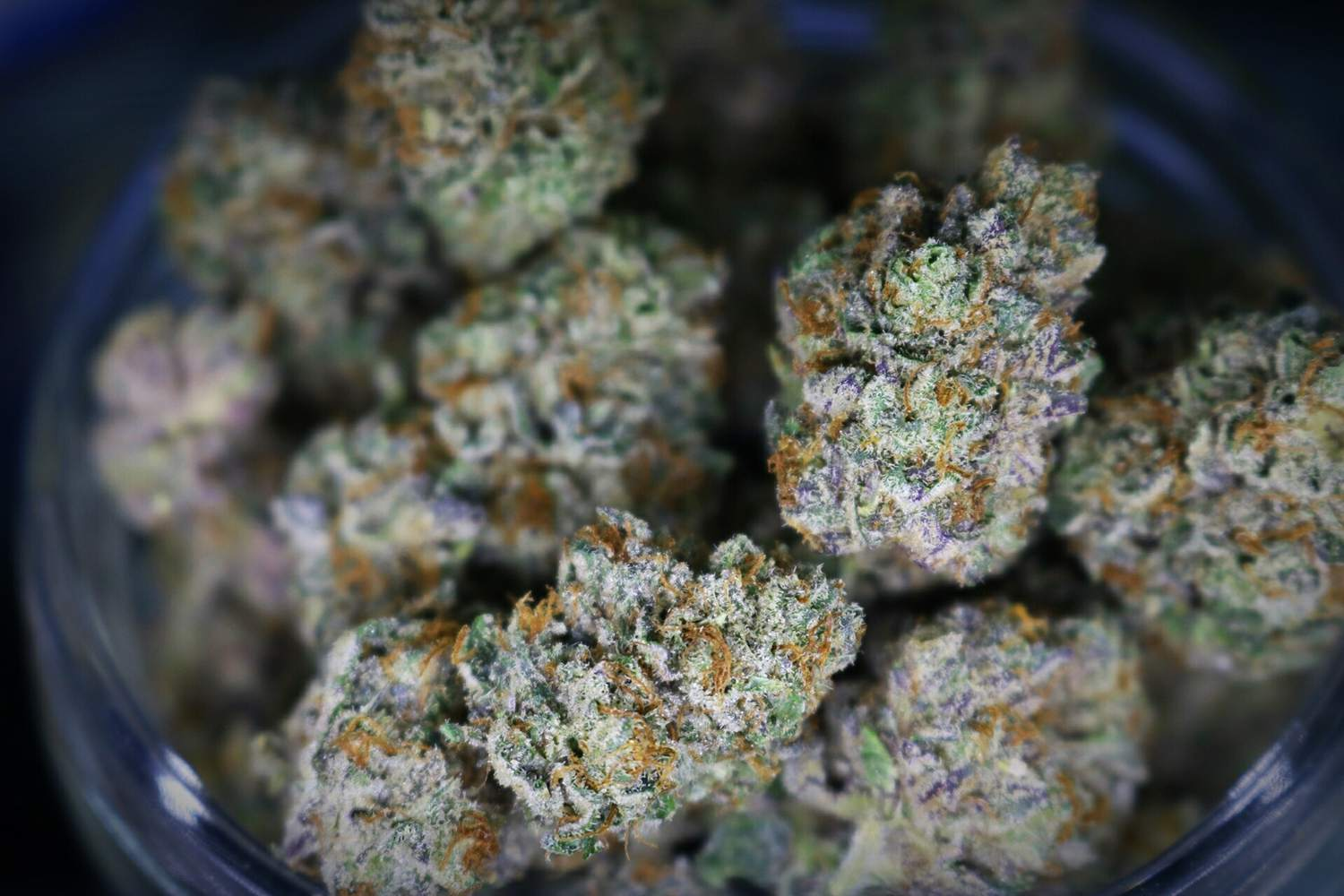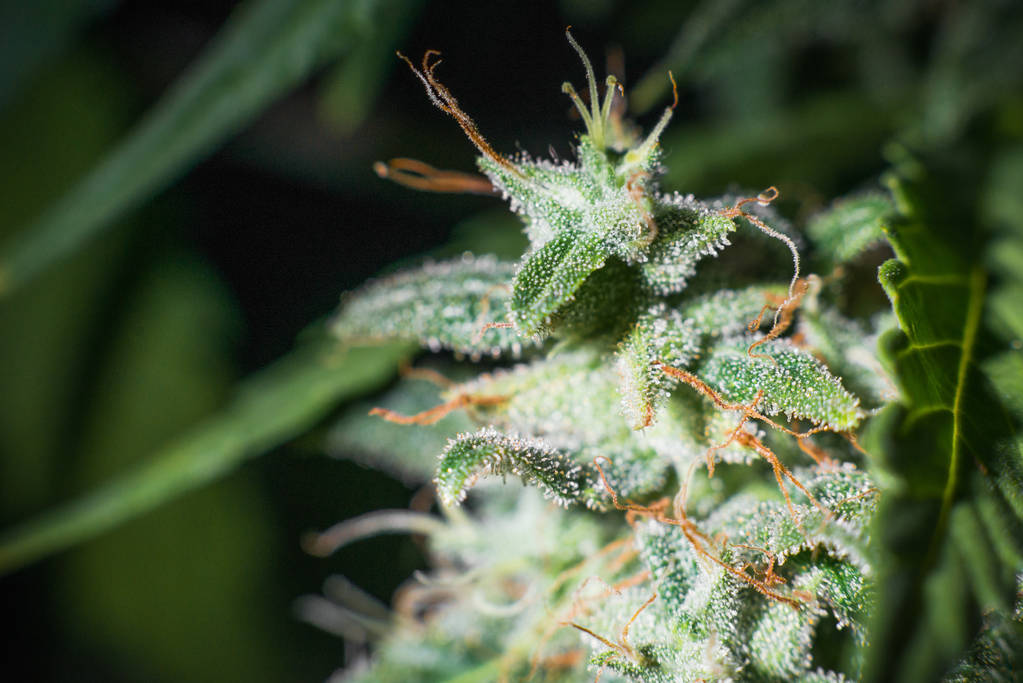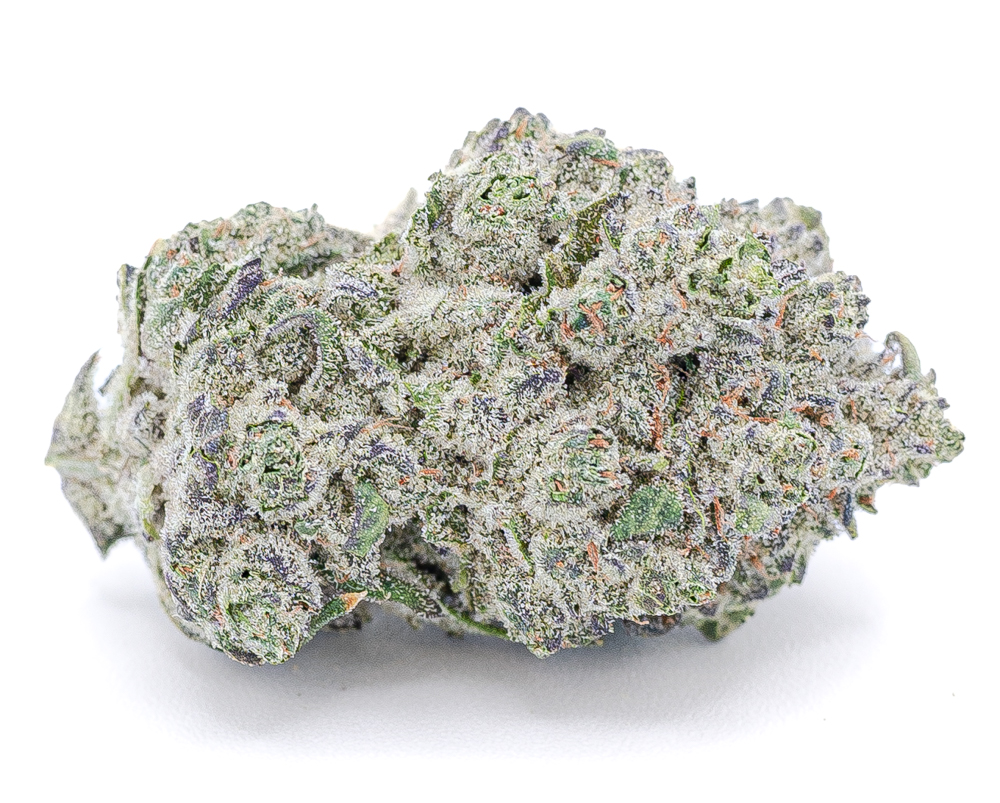Researchers from Ahvaz Jundishapur University of Medical Sciences in Iran have discovered that cannabidiol (CBD) can significantly reduce kidney damage caused by arsenic exposure in mice.

Published in the peer-reviewed journal Research in Pharmaceutical Sciences, the study explored how CBD influences specific pathways involved in oxidative stress, inflammation, and cell death, particularly the NOX4 and NF-kB pathways.
The study involved 48 male mice divided into six groups. Some groups received only arsenic, while others were treated with varying doses of CBD prior to arsenic exposure. The researchers measured several markers of kidney health, oxidative stress, inflammation, and apoptosis, as well as performed histological analyses on kidney tissue.
Continue reading












